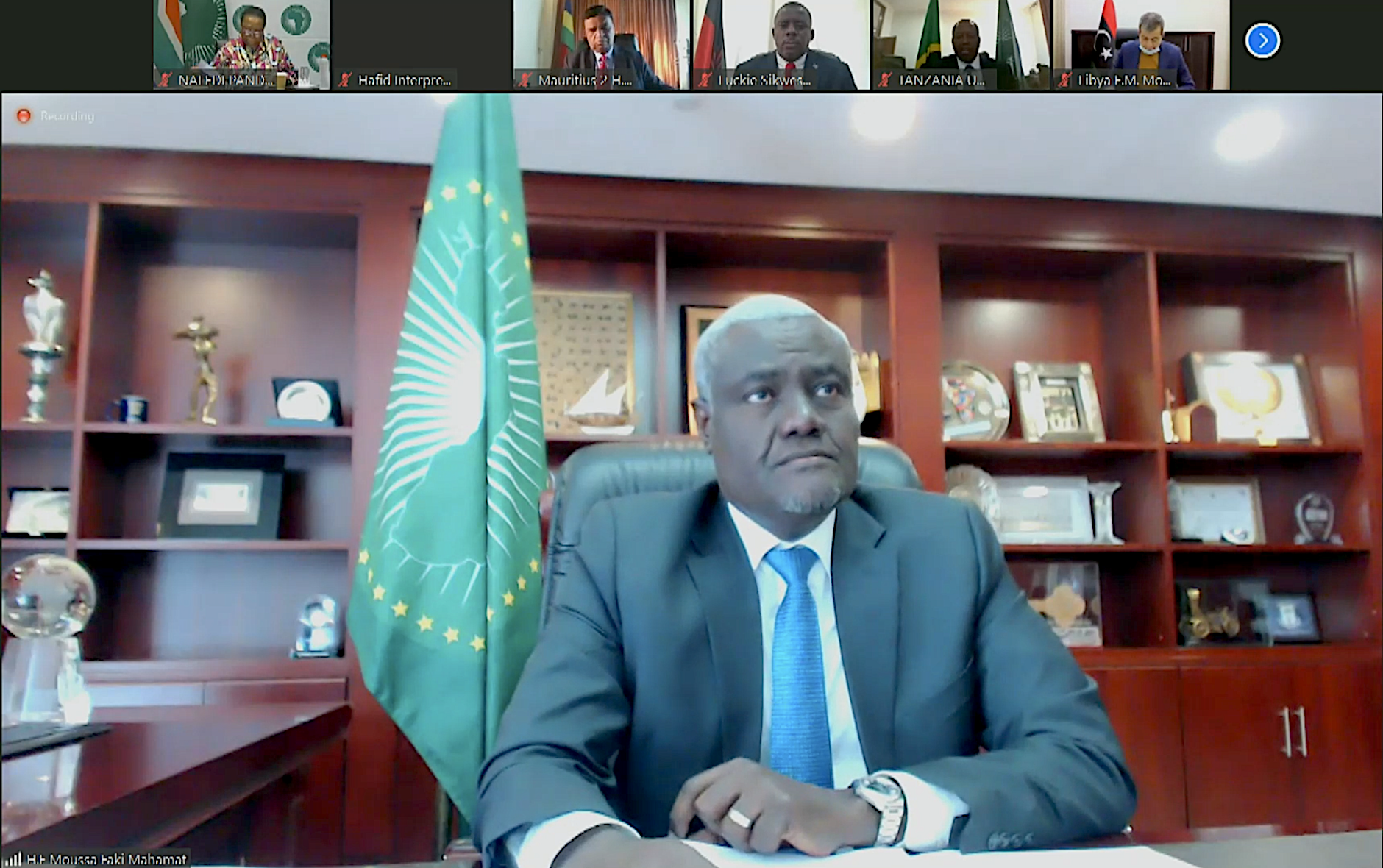Topic Resources
Theme: ‘Arts, Culture and Heritage: Levers for Building the Africa We Want’
Taking Stock, Charting the Future.
Agenda 2063 is Africa’s development blueprint to achieve inclusive and sustainable socio-economic development over a 50-year period.
39th AU summit Media Accreditation Platform










